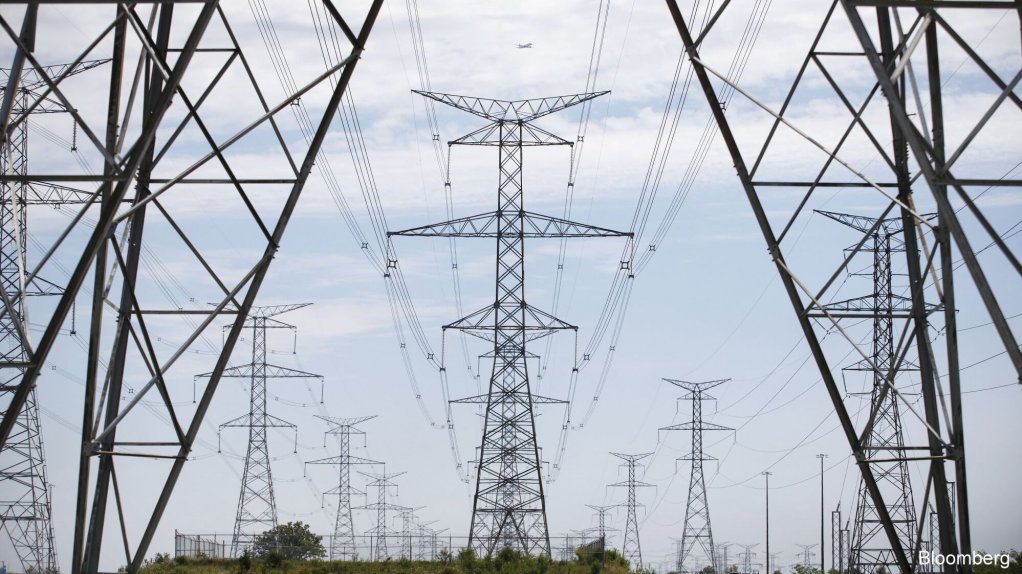Insights, data and analytics provider BMI expects South Africa's economic growth to pick up from 1% this year to 1.5% in 2025 as improved energy supply, greater private-sector investment, slower price growth and reforms to pension schemes provide tailwinds.
"However, growth will remain below the 2010 to 2019, or pre-Covid-19 pandemic, average of 1.7% due to persistent structural issues. We expect electricity and water tariffs to remain high, with [State-owned] Eskom pushing for a 36% increase in electricity prices next year," said BMI sub-Saharan Africa country risk senior analyst Lara Wolfe.
Unemployment levels and labour market rigidity will also continue to pose significant challenges, she added during a briefing on November 5.
Additionally, despite gradual reforms to the energy and transport sectors, Eskom and State-owned transport agency Transnet required large capital injections, which would limit the pace of reforms in the short term, Wolfe said.
Revenue growth in South Africa is projected to pick up in 2025, driven by stronger economic activity and the two-pot adjustments to pensions, although revenue growth is expected to remain below the ten-year average.
"Limited revenue will continue to constrain the policy space, as expenditure will remain focused on the large wage bill and debt servicing.
"Despite commitments to turn the country into a construction site, official projections suggest that government's capital expenditure growth will slow down next year, with government instead focusing on attracting private-sector investments and streamlining public-private partnerships," she noted.
The Medium-Term Budget Policy Statement saw a mild response because it did not contain significant negative or positive news. It did revise short- and medium-term revenue estimates down and included no major reduction in the country's substantial wage bill, she said.
BMI does not expect South Africa's rand to strengthen further during the coming year.
The rand outperformed in the second and third quarters of this year owing to a weaker dollar and improved power supply.
However, in line with expectations, there had recently been a slight reversal as the initial investor optimism faded slightly, as it was not supported by significant structural changes in South Africa's economy, said Wolfe.
Additionally, BMI expects ideological rifts in South Africa's Government of National Unity to become more evident in 2025 as the political parties gear up for the 2026 municipal elections.
Meanwhile, the global economy is expected to grow by 2.7% in 2025, with developed market growth expected to soften to 1.7% in 2025, from 1.8% this year, said BMI Sub-Saharan Africa country risk analyst Orson Gard.
Further, US policy towards the sub-Saharan Africa region is expected to remain largely stable, despite the elections taking place.
However, a major risk for South Africa is the possible termination of its eligibility under the US trade policy African Growth and Opportunity Act (AGOA).
A termination of AGOA for South Africa would have major implications for its manufacturing sector, he said.
"South Africa's rand is heavily traded and exposed to a stronger dollar, while its perceived closeness to Russia and China may lead the US to revoke its AGOA privileges, which will be damaging for manufacturing, specifically the automotive sector," he said.
EMAIL THIS ARTICLE SAVE THIS ARTICLE ARTICLE ENQUIRY
To subscribe email subscriptions@creamermedia.co.za or click here
To advertise email advertising@creamermedia.co.za or click here











